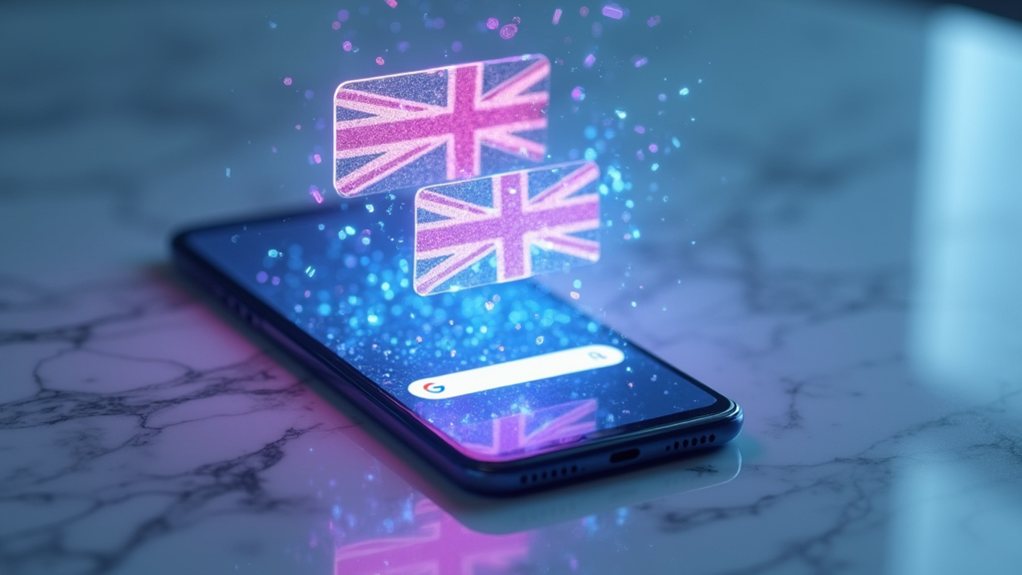AI search engines, like ChatGPT, are indeed shaking Google’s foundations, as its market share dipped below 90%. ChatGPT’s 300 million weekly users testify to this rise, offering quick, conversational answers akin to a catchy jingle stuck in your head, or an earworm if you will. But don’t count Google out just yet. Google’s real-time web crawling, robust infrastructure, and planned $75 billion investment for 2025 demonstrates its readiness for an AI-era face-off. Curious how this battle unfolds?
In a world where search engines are the digital equivalent of Gandalf guiding Frodo, Google has reigned supreme with its majestic cloak of algorithms and mind-boggling market share. Yet, even titans stumble. By the middle of 2025, Google’s once-unassailable 93% market share dipped below 90%. The culprit? AI search engines, particularly ChatGPT Search, emerging like unexpected plot twists in a fantasy novel.
Even titans stumble: Google’s search dominance wavers as AI challengers like ChatGPT emerge.
ChatGPT reached 300 million weekly users, wooing those keen on quick, conversational interaction. Its growing presence parallels the rise of a catchy theme song—you can’t help but notice. Meanwhile, Google, the grand old wizard of search, still enjoyed 139.9 billion visits but saw a slight decline of 0.47%. Stability, yes. Invincibility, maybe not.
Why this shift? Google, with its real-time web crawling and Ironwood TPU-powered AI, does fast and thorough like Usain Bolt sprinting through cyberspace. Offering a smorgasbord of diverse results, it’s great for transactions and intensive research. Despite AI-driven tools, Google’s search traffic remains stable, emphasizing its reliability in providing diverse viewpoints and comprehensive coverage.
On the other hand, AI engines like ChatGPT, standing on the shoulders of the GPT-4o model, excel at context-aware answers, giving instant gratification to those who need it now, not later.
But let’s dish out some truth: source variety and Google’s unparalleled ability to cross-reference multiple sources make it hard for AI engines, which sometimes drift into an alternative reality called “hallucinations.” User preferences reveal this: deep research or serious shopping? Google’s your pal. Quick, direct Q&A? ChatGPT’s your buddy.
Market dynamics are shifting. Google faces the twin dragons of AI-native tools and other search competitors like Bing, resulting in subtle market erosion. An infrastructure investment of $75 billion in 2025 underscores its determination to stay king, but who says empires last forever?
As SEO strategies spread to AI platforms, the landscape for clicks and conversions evolves. These new AI technologies are projected to generate up to 15.7 trillion dollars in global economic value by the end of the decade.









